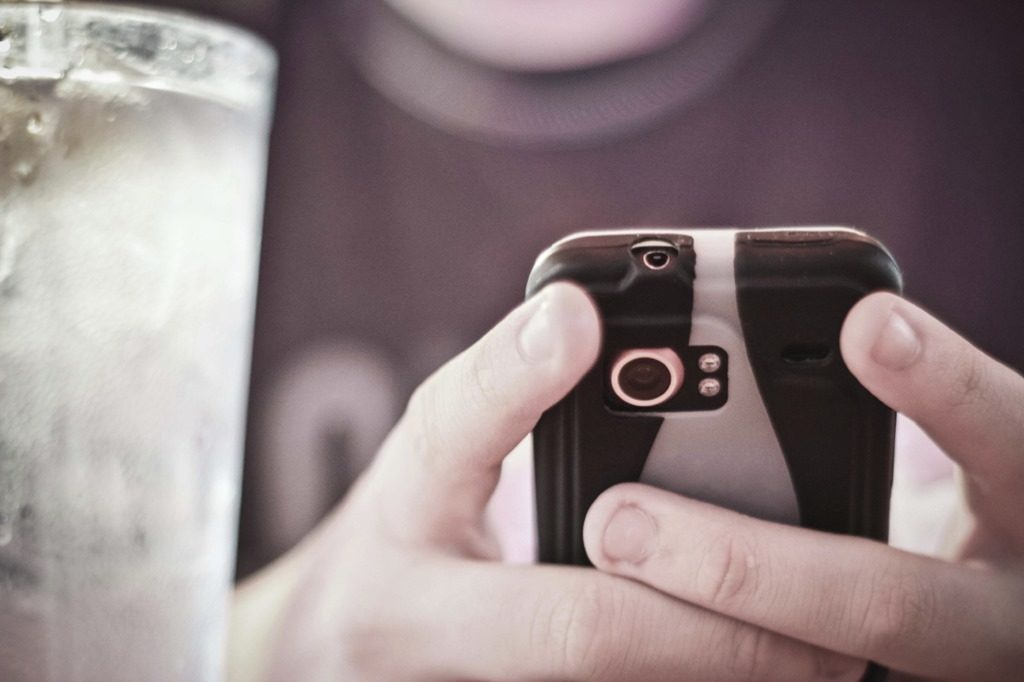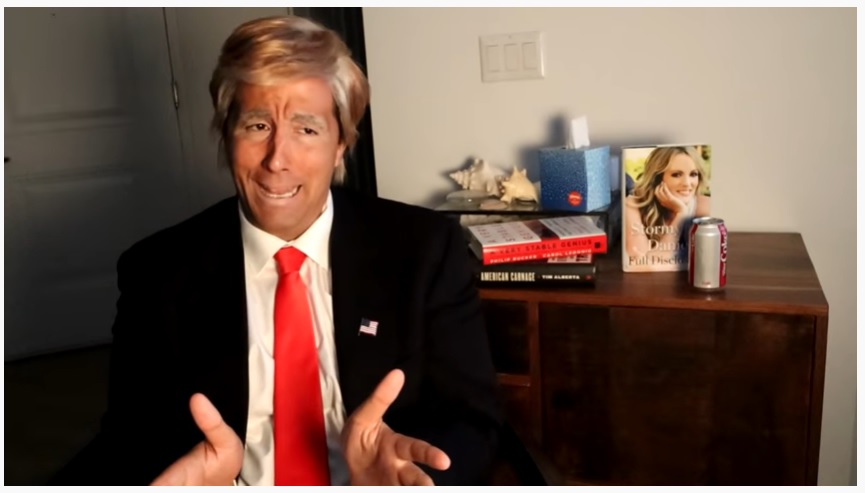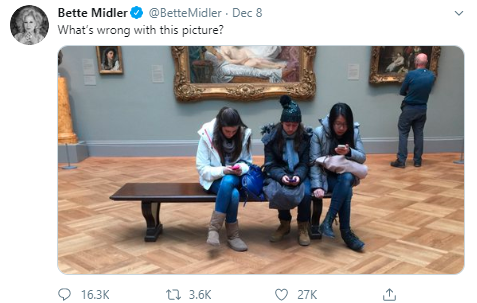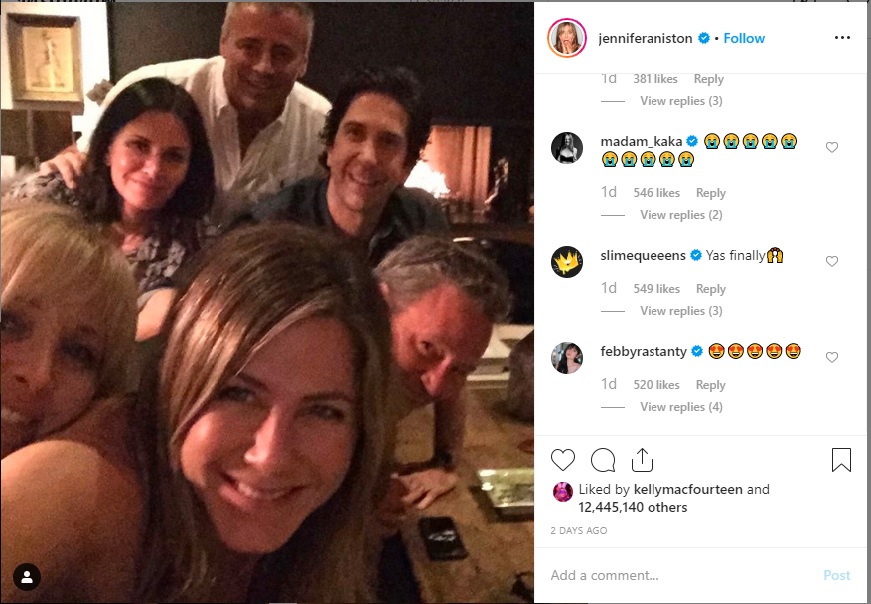How Not To Use Social Media: Anonymous Targets Edition
Over the past few years, I’ve seen a few people sending a type of tweet that bothers me.
In this type of social media post, the poster takes a photo of an unknowing and formerly anonymous target, tweets it out, and adds some snarky or derogatory comment about them.
As an example, one health and fitness expert I followed tweeted a photo of a woman on her train eating an entire full-sized bag of potato chips. Her snarky caption said something like, “Disgusting!”
The woman had no idea her photo had been taken or that some online bully on her train had shared it with thousands of followers.
Beyond the anonymous shaming, the health and fitness pro had no context on which to base her nasty remark. Maybe the woman had been in a business meeting far longer than she expected, had no time to stop for a proper meal, and only had time to grab a bag of chips while on the run. Maybe her husband is terminally ill and she’s seeking comfort in fatty foods. Maybe, after being on a strict diet for a month, she decided to treat herself to a single indulgence.
The point is we have no idea whether there was more context than met the eye—and neither did the tweeter.

As another example, I occasionally see similar tweets about people who hog an empty seat on trains and buses. Some people exhibit bad behavior, sure, but sometimes the intent isn’t so clear.
When I ride Amtrak, I prefer the aisle seat. I drink a lot of water and have to use the restroom a few times during the journey—and my nightmare scenario is being trapped in a window seat next to a sleeping seatmate who I’m reluctant to disturb.
Someone on the train could easily look over, see me “blocking” the window seat, and assume I’m an inconsiderate jerk. The truth is that I gladly stand for anyone who requests the window seat.
It diminishes my opinion of someone who, without even a shred of context, goes after an unwitting participant. Not only is it an unfair violation of the person’s privacy, but it makes me think less of the social media poster who makes a series of assumptions without making any effort to ascertain the facts or consider an alternate explanation.
If you’ve ever posted something along those lines, please reconsider. Oftentimes, you can express the same frustration without adding a photo, which at least prevents the risk of shaming someone who doesn’t deserve it.
Like the blog? Read the book! The Media Training Bible: 101 Things You Absolutely, Positively Need to Know Before Your Next Interview is available in paperback, for Kindle, and iPad.



Spot on, Brad. I’ve eschewed social media of late — particularly Facebook — because of the waves and waves of venom and spleen that just emanate from that virtual place. Social media has allowed us all to be way too self-righteous at the expense of strangers. And we often get it wrong when making a snap judgment.
Bravo Brad, and an insightful post as always. I must agree with Art on his view of social media. Each day I have to log into a social platform for work, I see thousands of reasons to abandon social media for becoming a sherpa in the Himalayan Mountains. You both make excellent points of how social media has seemed to allow all of us to forego our common sense and mental filters, and just unleash. Social media is always touted as enabling dialogue and conversations, and it has its great qualities. But given the growing number of examples such as the one you mention, one has to wonder what we are truly enabling. Appreciate the reality check.